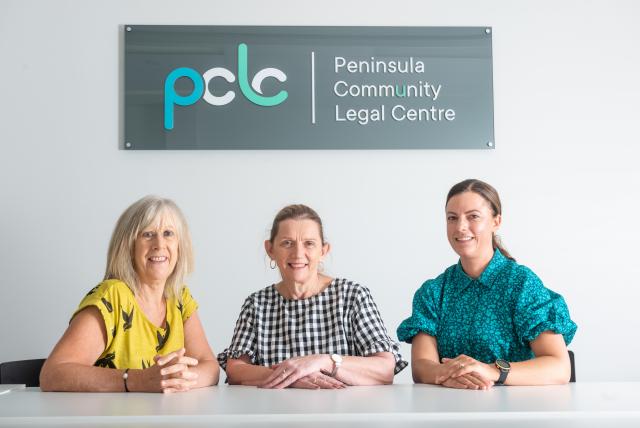
By Shelby Brooks
Families in the South East are finding themselves in the middle of a “perfect storm” – leaving thousands vulnerable to homelessness, according to a local tenant advocate coordinator.
A housing affordability crisis, a housing availability crisis and a cost of living crisis, along with the interest rate increases, are coming together to create a nightmare situation, Catherine Currie from Peninsula Community Legal Centre (PCLC) said.
“Renters are in the frontline of the cost of living crisis; more and more are being pushed into homelessness because they are unable to find a rental,” Ms Currie said.
“They can be lodging up to 100 applications and having absolutely no success and the difficulty with that is they don’t know why they are missing out.
“There are just so many people applying for them that the rental provider will just pick the cream of the crop.”
Ms Currie said in Cardinia 8800 households are in private rentals and out of those approximately 30 per cent are in rental stress.
Rental stress can be defined as paying in excess of 30 per cent of income on rent.
“The formula that used to be considered reasonable was if you paid under 30 per cent you could manage everything else,” Ms Currie said.
“These days, people are paying 50 or 60 per cent on rent and are still trying to manage.”
Since the Covid-19 pandemic-induced moratorium on evictions and rent increases finished, Ms Currie said she saw a “massive influx” in rent increase notices.
“Then it sort of slowed down, but now we’re seeing them again and they are significant increases,” she said.
“It used to be $20, $30 a week, now it’s up $100, $150 a week and that’s excessive to people on single incomes.
“You might have a parent with two or three children, they may work part-time, they may have some Centrelink benefit, but for them to try pay this increase and still manage is almost impossible for them.
“If they can’t pay their rent, they will fall behind and get a notice to vacate and then the matter proceeds to VCAT.”
Ms Currie said she recently assisted a family who hadn’t breached their obligations under the act but they had to leave their property because a possession order was made at VCAT.
“They applied for many properties but were forced to live in their two cars,” she said.
“It was heartbreaking – it’s since turned around for them but that was months they had to survive like that.”
Ms Currie said in her 20 years in the sector, this was the worse she had seen it.
“We are seeing many renters presenting with notice to vacate orders for rent arrears, rent increases, rental provider selling or wanting to renovate the property then place it on the market to sell,” she said.
“Fortunately, VCAT recognises the impact that Victoria’s rental crisis is having on renters who are unable to find affordable alternative rentals. For example, in matters where the rental provider is seeking possession of a property to sell it, VCAT weighs up the competing interests of the rental provider and the renter and the impact of a possession order on each of them. In these matters, the tribunal generally finds that it is not ‘reasonable and proportionate’ in the circumstances as doing so would potentially make the renter/s homeless.
“With the scarcity of housing across Victoria and the cost of living crisis expected to worsen, the rental crisis is only going to get more serious for local renters.”
PCLC is an independent, not-for-profit organisation that has been providing free legal services to Melbourne’s south-eastern communities since 1977.
Ms Currie encouraged anyone who is facing eviction from their property or experiencing any issues with their tenancy and would like free legal advice to get in touch with PCLC on 9783 3600 or pclc@pclc.org.au
“We’re concerned that renters do not see their issues as a legal problem and it is,” she said.
“There are options available to them that they may not be aware of and it’s important that they know this.”






